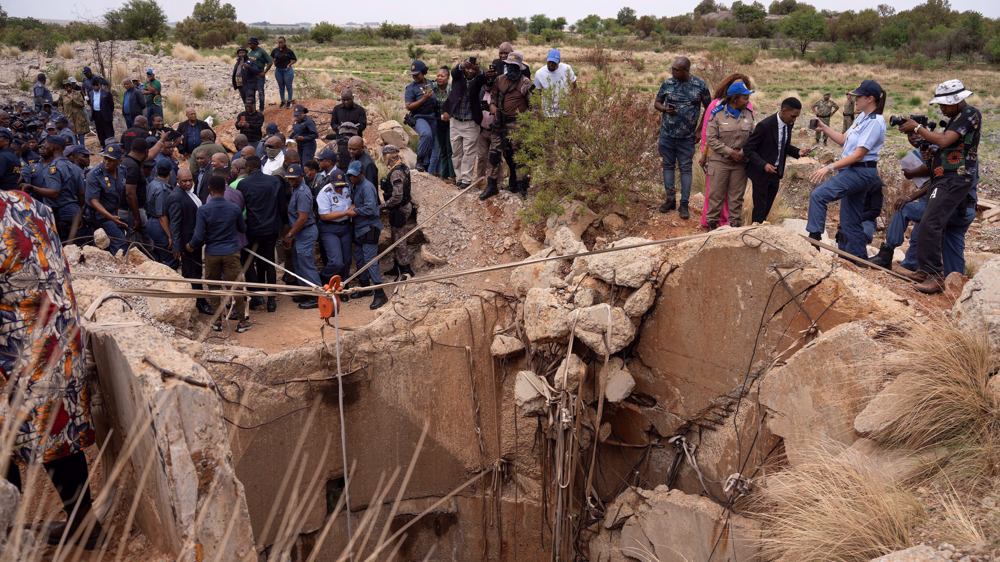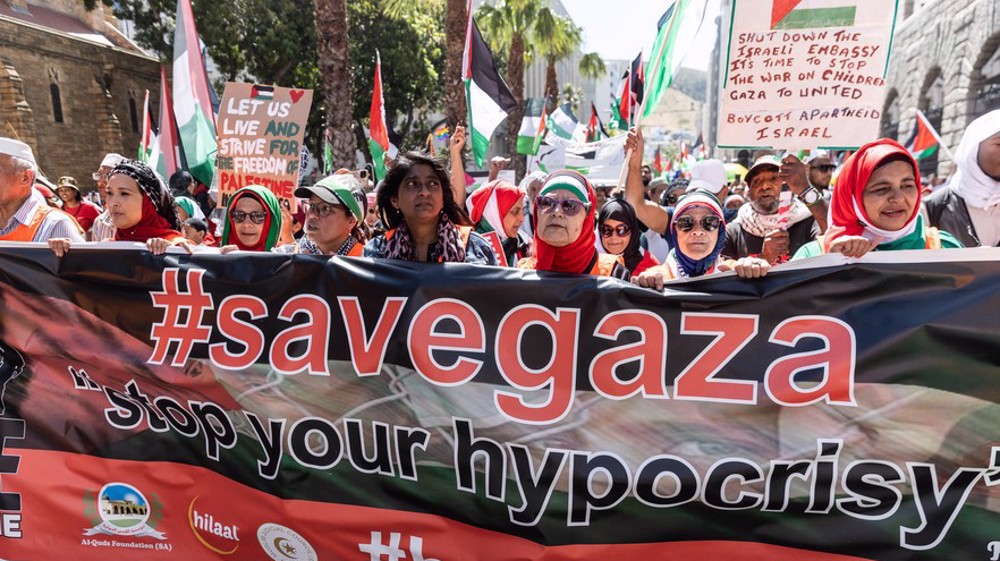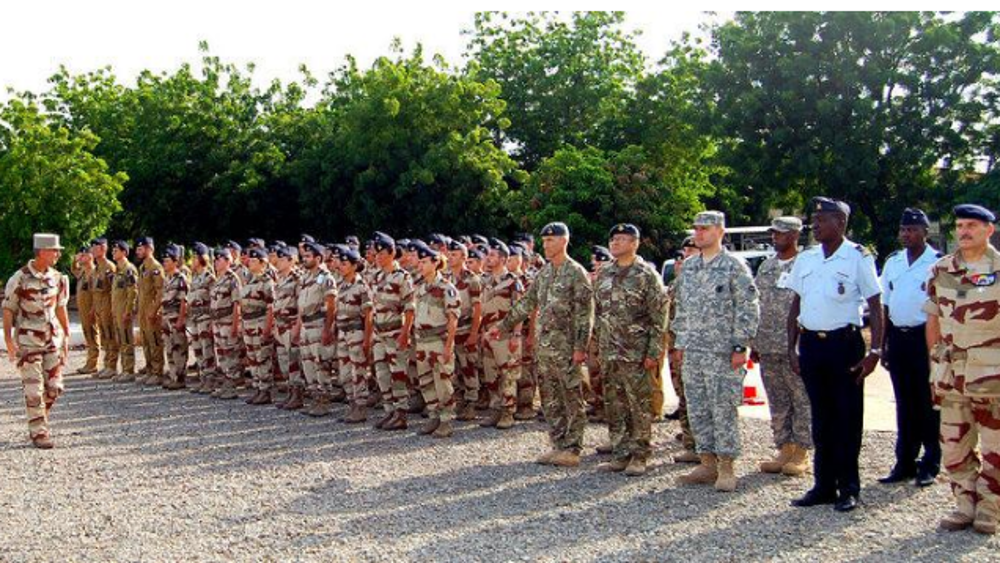UN chief warns of Libya risking return to wide conflict
UN Secretary General Antonio Guterres warns that Libya faces a risk of relapsing into chaos amid renewed military confrontations between rival parties and a political stalemate in the North African country.
Guterres made the warning in a report to the UN Security Council on Thursday, saying that Libya could return to widespread conflict in the wake of the volatile security situation in the capital, Tripoli, and the eastern oil crescent.
The UN chief noted that the Takfiri Daesh terrorist group has fully lost ground in Libya, but its operatives were still carrying out sporadic attacks in different areas.
The potential for an escalating conflict remains mainly due to unaddressed political issues “and the multiplicity of armed actors on the ground with conflicting agendas,” he said.
Guterres said he was “deeply alarmed” by the human rights situation in Libya where violations of international law continue to be perpetrated by all parties involved in the conflict.
“Armed groups from all sides continued to abduct, torture and kill civilians,” he said. “In addition, ordinary crime was endemic, mainly owing to the state of general lawlessness and the weakness of judicial institutions.”

The UN chief called on all parties in the oil-rich North African country to address the key issues blocking the implementation of the agreement in the late 2015 on forming a unity government.
He said the UN-brokered deal continues to be supported by the majority of Libyans and interested countries “as the only political framework to lead the country forward.”
An emerging consensus on the need for limited amendments to the agreement “represents an opportunity to overcome the current political stalemate and move the transition forward,” Guterres added.
The UN chief also pointed to the Libyan gateway to Europe, saying that the refugees and asylum seekers in Libya “continue to suffer horrific abusers and risk death while transiting the country and across the Mediterranean Sea.”
Libya has been dominated by violence since a NATO military intervention followed the 2011 uprising that led to the overthrow and death of long-time dictator Muammar Gaddafi. Rival governments were set up in Tripoli and eastern Libya back in 2014.
In December 2015, however, the two administrations agreed on forming the Government of National Accord (GNA) after months of UN-brokered talks.
The new government has not yet received the endorsement of the internationally-recognized government, which is largely based in the northeastern city of Tobruk.
Clashes in neglected south
Meanwhile, reports emerged of clashes between rival governments vying for power in Libya’s southern desert.
Forces loyal to the Libyan National Army (LNA) commanded by General Khalifa Haftar had launched an offensive to seize the Tamenhant airbase on the outskirts of the southern Libyan city of Sabha from armed militants backing the UN-endorsed GNA.

The LNA forces argued that the base was a launching pad for militants who had taken control of key northeastern oil terminals last month. Haftar’s forces retook the facilities days later.
Last week, world powers expressed concern over the recent clashes and the five permanent members of the UN Security Council, in a joint statement, called for de-escalation of tensions in the war-torn country.
“We underline the difference between acts against the terrorist threat and acts that can lead to further deterioration of the situation in Libya,” they said.
Southern regions in Libya have long neglected by authorities and rely heavily on drugs, arms smuggling and human trafficking.
Jan. 15: ‘Axis of Resistance’ operations against Israeli occupation
VIDEO | US fires: Criticism mounts over govt. failure to respond
VIDEO | Fears, hope in Gaza amid intensified ceasefire efforts
VIDEO | Press TV's news headlines
Hamas: Ceasefire agreement result of steadfastness, resistance in Gaza over 15 months
Hamas thanks Iran, Resistance Front following achievement of ceasefire in Gaza
'Capitulation': Israeli officials and media concede Gaza defeat as truce unfolds
'Gaza has won': Social media users react to ceasefire with mix of relief, joy










 This makes it easy to access the Press TV website
This makes it easy to access the Press TV website